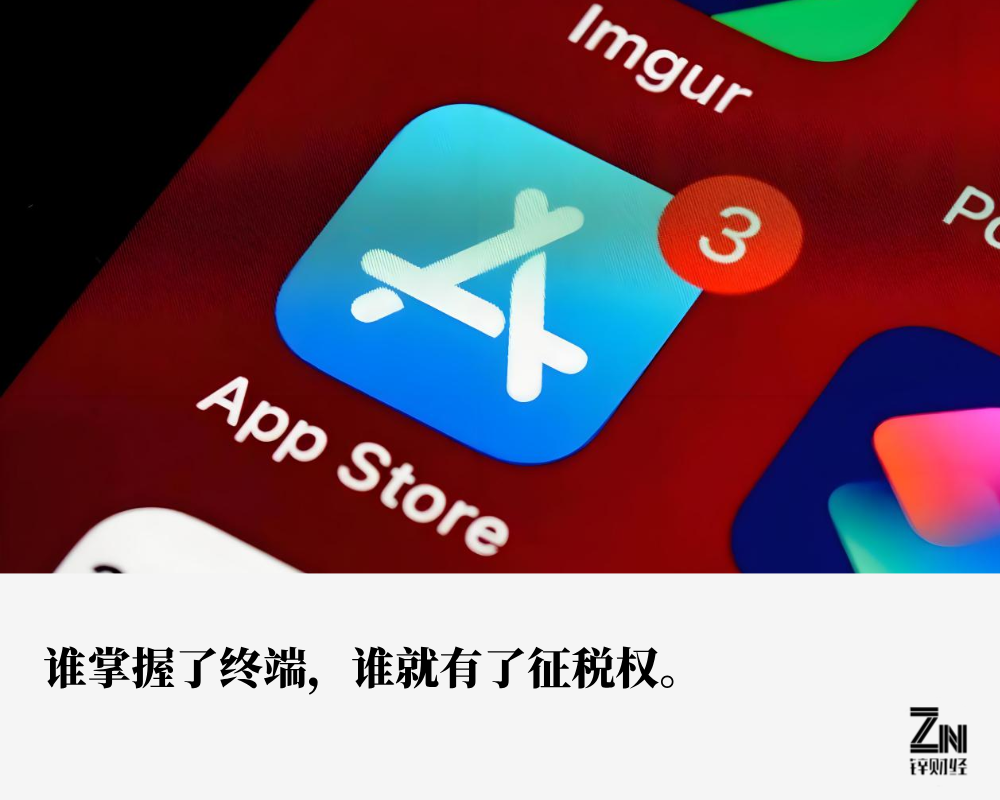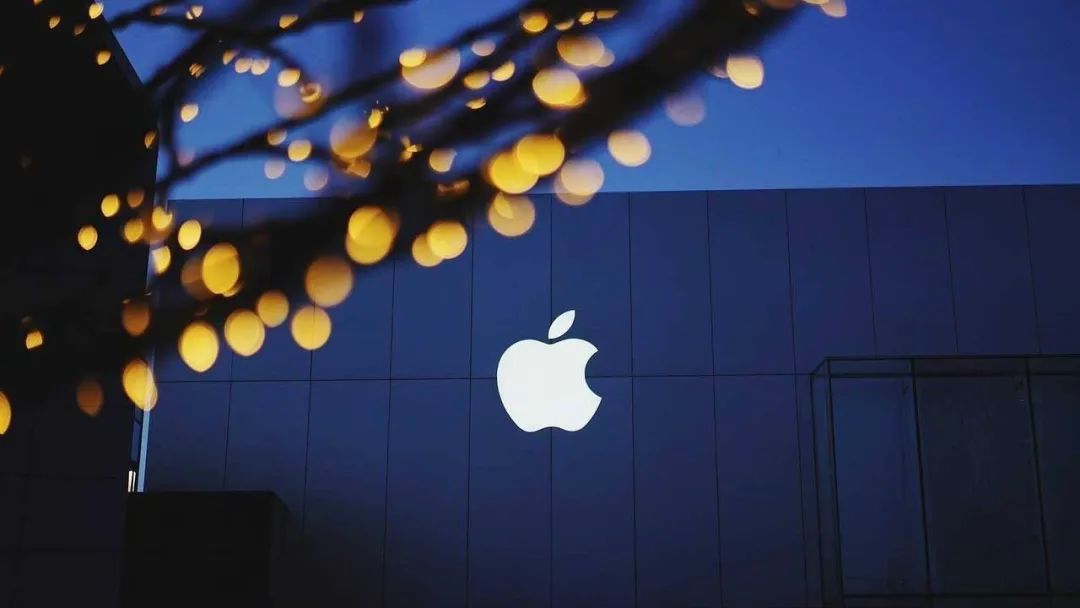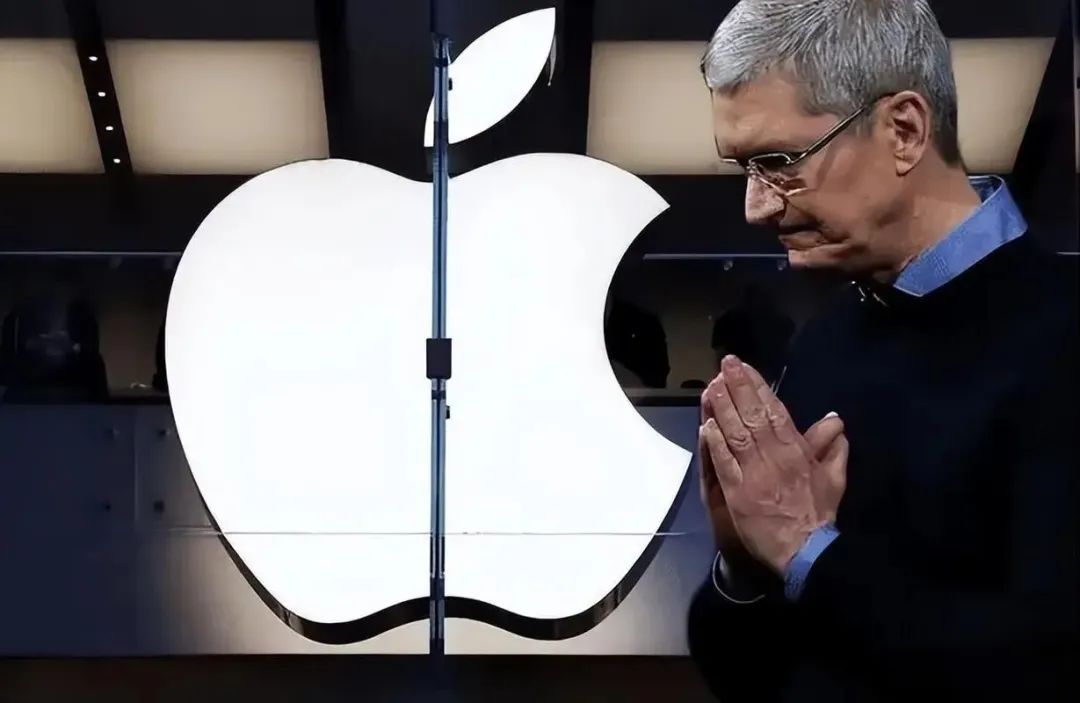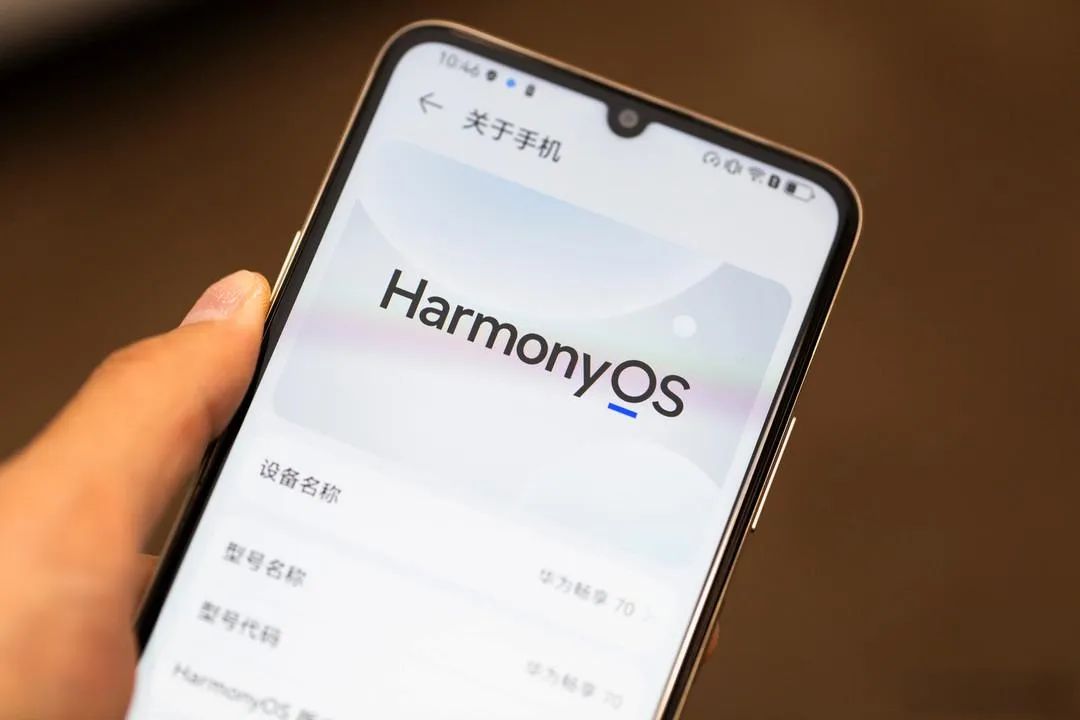Apple, Unsatisfied with 40 Billion Tax Revenue, Confronts Tencent and ByteDance
![]() 08/14 2024
08/14 2024
![]() 531
531

Author: Sun Pengyue
Editor: Da Feng
Apple, which has been meek in the EU, has once again struck hard in China.
In recent months, Apple has pressured Tencent and ByteDance over the issue of the 'Apple tax,' demanding fundamental changes to WeChat and Douyin.
Leveraging its dominant position in the mobile phone market, Apple charges a 15-30% commission on apps in the App Store, passing on the remaining funds to developers, known colloquially as the 'Apple tax.'
However, the widespread use of mini-programs has gradually eroded the 'Apple tax' barrier, providing relief to many small and medium-sized enterprises.
Unsatisfied with this development, Apple has forcefully demanded that Tencent and ByteDance 'plug the loopholes,' threatening to suspend software updates for WeChat and Douyin if they fail to comply.
The Long History of the Apple Tax Controversy
This latest 'refusal to pay the Apple tax' incident has been ongoing for three months.
It started in May when Apple warned Tencent that it might reject essential updates for WeChat unless Tencent removed links that allowed mini-game developers to receive payments outside of the Apple platform.
In June, Apple again warned ByteDance that it would not accept updates for Douyin unless similar payment loopholes were closed.
By August, Apple had once again pressed Tencent and ByteDance to 'plug the loopholes' and prevent users from being directed to external payment systems, thereby avoiding the 30% Apple tax. If they failed to comply, the App Store would reject future updates for WeChat and Douyin.
Both Tencent and ByteDance declined to comment on Apple's aggressive stance.

Since the establishment of the App Store in 2008, Apple has imposed the Apple tax on software developers worldwide for 16 years.
According to Sensor Tower, a third-party data analytics firm, Apple's global revenue from the Apple tax in 2023 was approximately $22.34 billion, equivalent to approximately 160.8 billion yuan, with China contributing over 40 billion yuan.
This significant tax revenue has sparked protests worldwide, with the EU leading the charge against the Apple tax.
In March 2023, the EU's Digital Markets Act (DMA) came into force, mandating that tech companies with a valuation of $80 billion and 45 million monthly active users in the EU must allow users to install third-party apps and provide equal access to core functions for external developers.
The DMA requires Apple to reduce its tax rate in the EU from 30% to 17% and to open up third-party payments, app stores, and internet downloads in the EU.
Faced with collective resistance in the EU, Apple made a historic concession, allowing users to download content outside the App Store and reducing its commission from 30% to 17%.
However, these policies are limited to the EU.
China, the US, and other markets continue to be subject to the original Apple tax rates, with China having the highest rate globally.
According to internet sources, the Apple tax varies by region, with China imposing the highest rate of 30%, followed by the US at 27%, the EU at 17%, and Japan and South Korea at 26%.
China, with the highest tax rate, contributes over 40 billion yuan, raising eyebrows.
Tencent vs. Apple
Where there is oppression, there is resistance.
In addition to Europe, Apple faces significant regulatory pressure in the US. In March 2023, the US Department of Justice, along with 15 states and the District of Columbia, filed an antitrust lawsuit against Apple, accusing it of monopolizing or attempting to monopolize the smartphone market.
By June, Nevada, Washington, Indiana, and Massachusetts had joined the antitrust lawsuit against Apple, bringing the total number of states involved to 20.
In Japan, a new law modeled after the EU's DMA, the Specified Software for Smart Devices Competition Promotion Act, was recently passed by the Japanese Senate.
The law requires designated providers, including Apple and Google, to allow third-party app stores and payment systems and to treat app developers fairly. It is expected to take effect by the end of 2025.
Apple, facing pressure from governments worldwide, is fighting to protect its Apple tax revenue, which directly affects its $160.8 billion cash cow.

Apple CEO Tim Cook
This year, Apple submitted a petition to the Supreme Court, requesting changes to certain language in a previous judgment.
Apple wants the court to remove references to its 'market dominance' in a ruling by the Shanghai Intellectual Property Court. It also objects to the court's statement that 'unfair pricing may harm consumers.'
By avoiding the label of 'market dominance,' Apple hopes to evade the impact of new laws like those in the EU and Japan on its tax revenue.
Domestic internet giants are not taking Apple's 'hegemonic behavior' lying down. Tencent, for example, has had several direct conflicts with Apple.
In 2017, Apple deemed WeChat's tipping feature a form of 'virtual payment' and imposed a 30% tax. Tencent argued that tips went directly to authors and were not commercial transactions. Tencent eventually disabled the tipping feature on iOS, sparking heated debate in China.
The direct confrontation between these two internet giants was eventually resolved at the highest level. During Cook's visit to China, he met with Tencent, and both sides compromised. WeChat tipping was reinstated under a new name, and Apple stopped taxing it.
Taxation is a Common Market Phenomenon
While Apple's taxation practices have drawn criticism, they are common in the current smartphone market. Whoever controls the end-user devices holds the power to tax.
Domestic Android brands like Huawei, OPPO, vivo, and Honor dominate approximately 60% of the Chinese market and have formed the Hardcore Alliance, imposing a roughly 50% commission on game apps in their stores. Xiaomi, while not part of the alliance, also charges a 50% commission on game revenue.
This is a Chinese adaptation of Apple's model, using their dominant market position to impose taxes on game developers. Tencent, in response to these high taxes, publicly resisted in June 2023 by refusing to list its mobile game 'Dungeon & Fighter: Origin' in some Android app stores. NetEase and miHoYo, the other two giants in the Chinese mobile gaming industry, have also withdrawn from the Hardcore Alliance's app stores in 2020 and 2023, respectively.
Despite the decline of the Hardcore Alliance, new players and systems are emerging, with Huawei's 'HarmonyOS tax' being a potential contender.

Due to well-known reasons, Huawei was forced to develop its own HarmonyOS as an alternative to Android. As an independent system, HarmonyOS is poised to challenge iOS's market position. Once HarmonyOS is fully established, Huawei could bypass the Hardcore Alliance and impose its own 'HarmonyOS tax.'
In the current market, whether it's the Apple tax, Android tax, Hardcore Alliance tax, or the potential HarmonyOS tax, a pattern has emerged: large companies may escape taxation, but small and medium-sized enterprises must pay up. This may be the future trend of 'XX taxes.'







